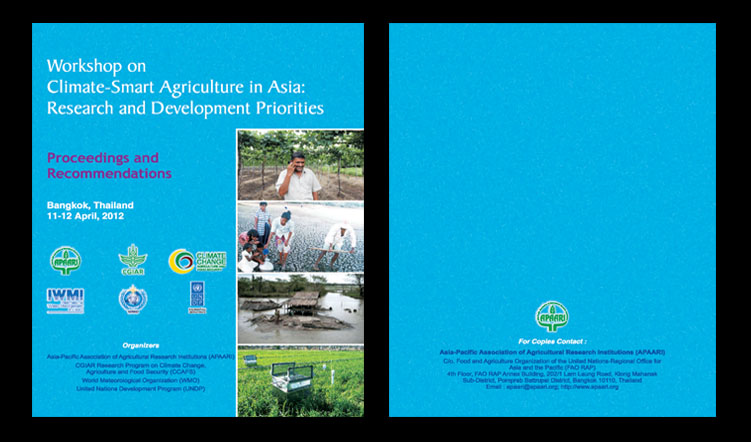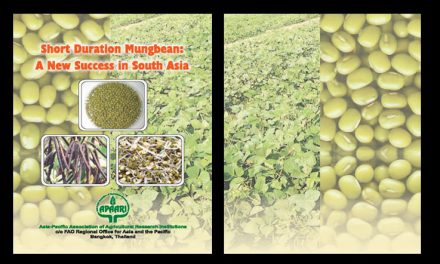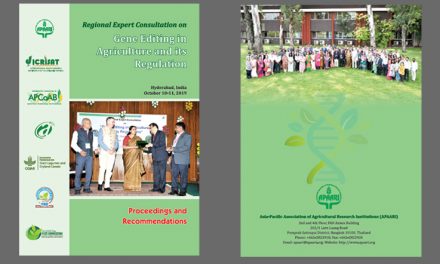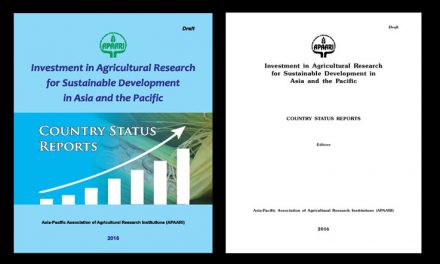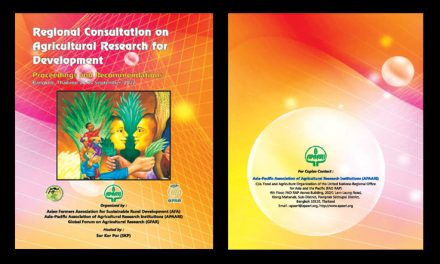South and Southeast Asian regions are home to more than 30 per cent of the world’s population; half the world’s poor and malnourished. Agriculture plays a critical role in terms of employment and livelihood security for a large majority of people in most countries of the region. The region is prone to climatic extremes, which regularly impact agricultural production and farmers’ livelihood. In the last decade, these regions have witnessed considerable increase in the number of floods, droughts, some of the most devastating cyclones in recorded history; and water, soil and land resources continue to decline. Climate change is further projected to cause 10-40 per cent loss in crop production in the region by the end of the century. The increased climatic variability in future would further increase production variability. Agriculture, forestry and land use change account for 30 per cent of greenhouse gas emissions. Producing enough food for the increasing population in a background of reducing resources in a changing climate scenario, while minimizing environmental degradation, is a challenging task.
A few regional conferences were held during the last few years to identify the priorities for adaptation and mitigation to climate change. Several options were identified and are being implemented to build climate-smart agriculture but there are still considerable technology and knowledge gaps and much more scope for partnering and policy reform. APAARI, CCAFS, WMO and UNDP jointly organized a meeting in Bangkok on 11-12 April, 2012 to review best practices and technologies being used to make agriculture climate smart, to identify gaps in solutions available and prioritize research and development needed to fill the gaps, and to agree on a plan to address gaps and link knowledge with policy actions at the local/ national/regional level to make agriculture climate smart. The workshop was attended by Asia’s
leading climate specialists, agricultural scientists, government representatives and development organizations, and several global experts. This publication contains the proceedings and key recommendations of the workshop.
It is our expectation that climate-smart agriculture will receive high priority in future research and development agenda. We are, therefore, sure that the stakeholders of agriculture including National Agricultural Research and Extension Systems in South and Southeast Asia will take full advantage of these recommendations. It is also expected that this publication will be of immense use to the planners, administrators, scientists, farmers, and other stakeholders for ensuring climate-smart agriculture in Asia.

